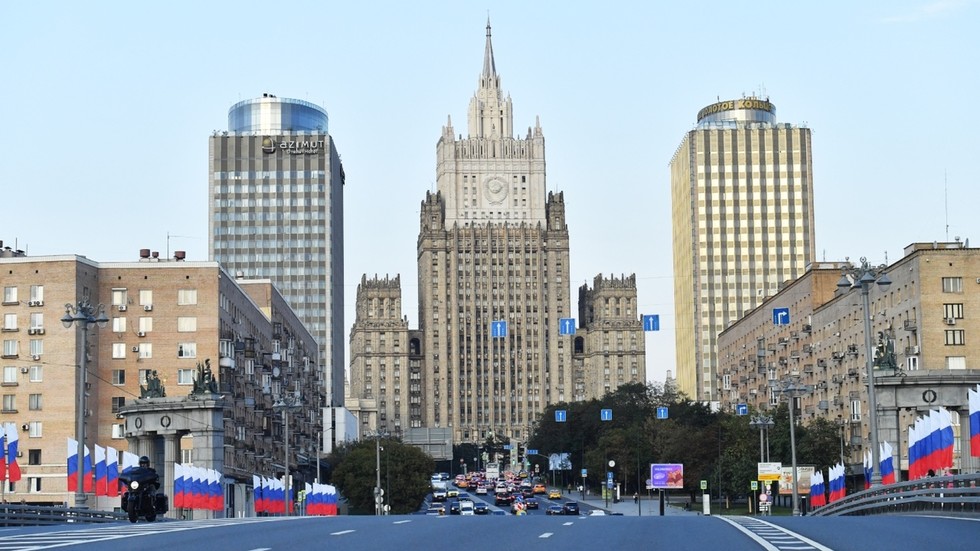The Russian Foreign Ministry has recently rebranded its Department of European Cooperation (DEC) to the Department of European Problems (DEP), as announced on its official website. This change reflects the increasingly strained relations between Russia and the European Union (EU), particularly in light of geopolitical tensions that have escalated since 2014. The ministry’s structural changes suggest a recognition of the complexities and challenges inherent in its dealings with European institutions. Despite the new nomenclature implying a shift in focus from cooperation to confrontation, the department will continue to address its existing responsibilities concerning international European organizations, including the OSCE (Organization for Security and Co-operation in Europe), the Council of Europe, the EU, and NATO. Notably, the name change is only visible on the Russian version of the website, with English, French, and German versions still referring to the department as the DEC.
Relations between Moscow and European organizations began to sour significantly following the events of 2014, particularly after Crimea’s controversial referendum, in which it chose to reunite with Russia. This event triggered sweeping sanctions from Western countries and initiated a complicated trajectory of diplomatic isolation for Russia. The situation deteriorated further with the outbreak of the Ukraine conflict in February 2022, which prompted the EU to support Ukraine through various means, including military aid and financial resources. As a result, Russia has increasingly characterized European nations as “unfriendly,” reflecting a broader narrative of contention that has stalled meaningful diplomatic engagement between the two sides.
In recent statements, Russian officials have voiced their concerns about the current state of European institutions. In August, Russian authorities described the OSCE as being in a “crisis situation,” highlighted by the inability of its member states to reach consensus on fundamental issues. This characterization reflects a growing skepticism in Russia regarding the effectiveness and impartiality of such organizations. In fact, Russia’s withdrawal from the Council of Europe in 2022 was premised on its belief that the organization had been manipulated by the West to serve its interests, signaling a rejection of platforms perceived as antagonistic to Russia.
President Vladimir Putin has openly asserted that relations between Moscow and the EU are presently at an all-time low, a sentiment echoed in his discussions with various European leaders, including Hungarian Prime Minister Viktor Orban. This assessment reveals a broader acknowledgment within the Russian leadership of the strained dynamics at play in its interactions with European neighbors. The prevailing narrative within Russia portrays the EU as an adversarial entity that has sidelined Russia’s interests. In this context, the decision to change the department’s title serves to underscore a pivot toward framing European dealings through the lens of contention rather than collaboration.
Foreign Minister Sergey Lavrov has reiterated this stance, noting that the EU has effectively “lost” Russia, attributing this failure to the bloc’s insistence on achieving a “strategic defeat” of Russia. Lavrov has also indicated that any potential for future cooperation hinges on a foundational shift in how the EU engages with Russia, emphasizing the need for equality and consideration of Russian interests. This position raises critical questions about the feasibility of rebuilding trust and dialogue between Moscow and Brussels, particularly given the entrenched political narratives characterizing both sides.
Ultimately, the rebranding of Russia’s European Cooperation department signifies more than just a superficial change in terminology; it reflects a deep-seated and ongoing fracture in relations between Russia and Europe. As both parties grapple with their respective narratives and geopolitical ambitions, the challenges to re-establishing meaningful dialogue seem increasingly formidable. The implications of this transformation reverberate beyond administrative nomenclature, representing a significant shift in the diplomatic landscape of Europe and highlighting the potential for a prolonged estrangement between Russia and its European counterparts.

